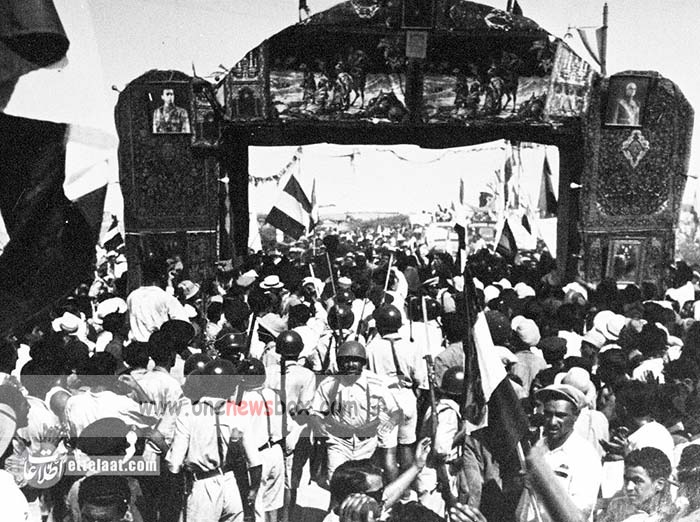On 19 August 1953 (28 Mordad 1332 in the Iranian calendar), a dramatic political coup unfolded in Iran, reshaping the nation’s political trajectory and reverberating across the Middle East for decades. Known inside Iran as the Mordad 28th coup d’état (Kudeta-ye 28 Mordad), this operation toppled the democratically elected Prime Minister Mohammad Mosaddegh, a nationalist leader who had sought to reclaim Iran’s sovereignty over its oil resources from the Anglo-Iranian Oil Company (AIOC).
The coup was covertly orchestrated by the United States’ Central Intelligence Agency (CIA) under the codename Operation Ajax (TP-AJAX Project) and the United Kingdom’s Secret Intelligence Service (MI6) under the codename Operation Boot. The motive was largely economic and geopolitical: Britain wished to protect its lucrative oil interests, while the United States feared the spread of communism and the potential alignment of Iran with the Soviet Union.
This event not only consolidated the monarchy of Mohammad Reza Pahlavi, the Shah of Iran, but also set a precedent for Cold War–era interventions, reinforcing patterns of Western interference in the Middle East. To Iranians, however, the coup came to symbolize lost democracy, foreign exploitation, and betrayal—a memory that influenced the Islamic Revolution of 1979 and continues to shape Iran’s relationship with the West.

